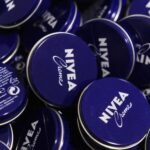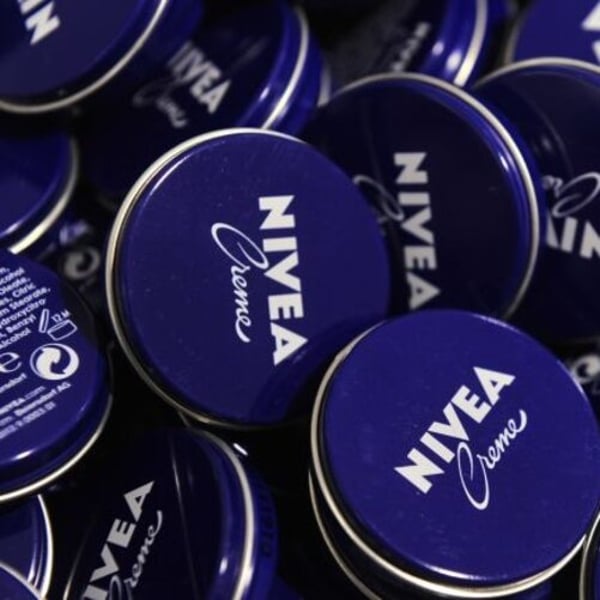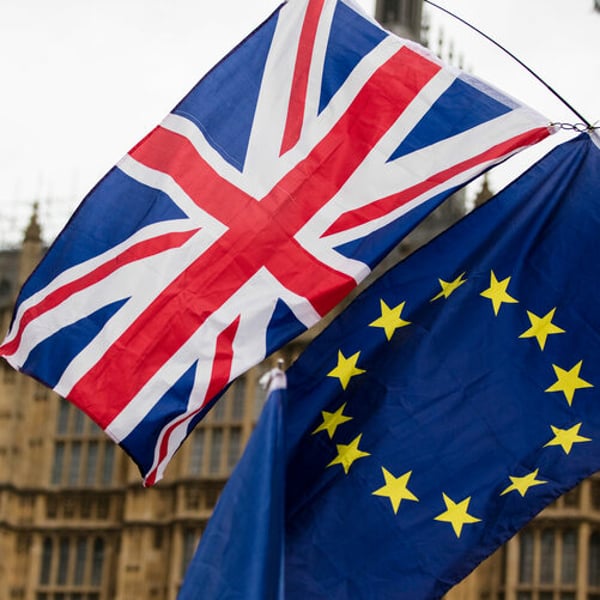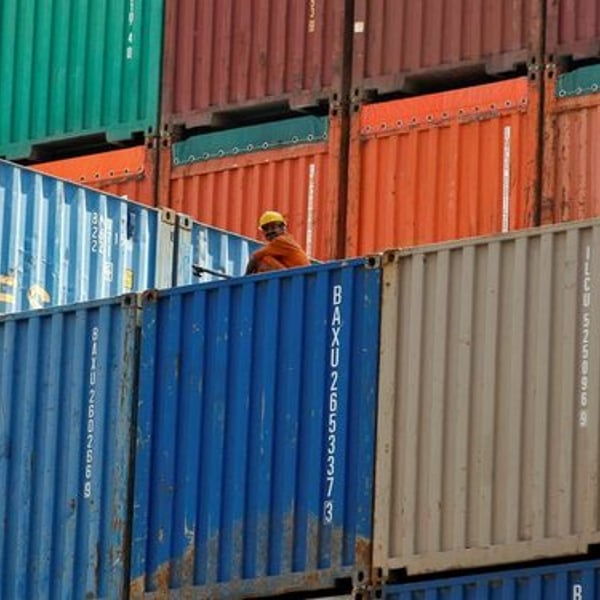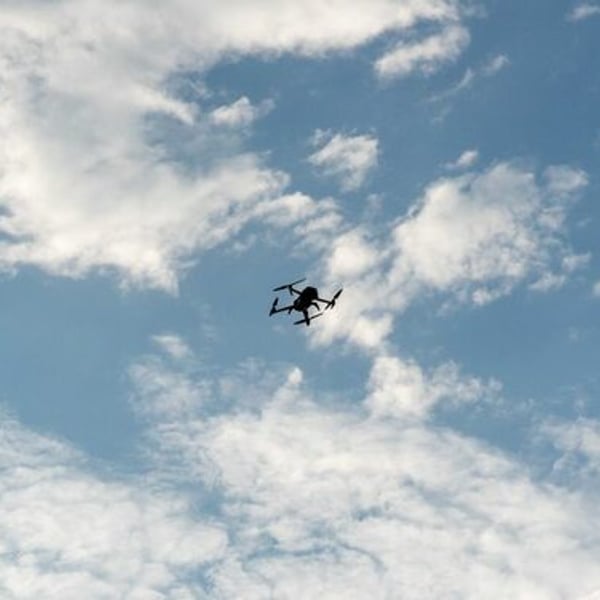By
Reuters
Published
August 7, 2025
Caught between rising costs from tariffs and belt-tightening consumers, big retailers are clashing with the producers of consumer brands such as Nivea-maker Beiersdorf and brewer Heineken, as they look to avoid sticker shock that could hurt sales.
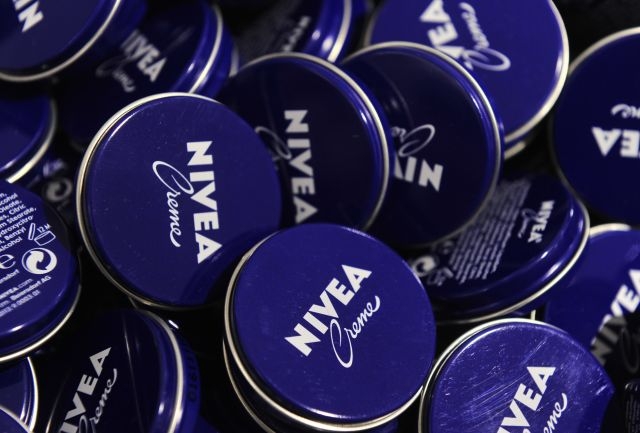
The disputes – which have dented some brands’ sales – underscore the challenge for consumer goods makers and sellers, with inflation and tariffs pushing up input costs and price spikes in commodities.
While pricing talks have never been easy, tariffs are escalating already high food inflation since the pandemic, making grocery bills more contentious and political as consumers grapple with a cost-of-living crisis.
“We all should be very well aware of consumer budgets,” Frans Muller, CEO of supermarket company Ahold Delhaize, which owns US chains Food Lion, Hannaford, and Stop & Shop, told Reuters on Wednesday.
He said conversations with consumer goods companies over pricing were “tight,” adding that the industry’s focus was on increasing sales volumes rather than increasing revenue by hiking prices.
“That is the wrong way of supporting customers and the wrong way of growing the business itself.”
Ahold has in-house teams that track commodity, energy, and labour costs, and own-brand products it can compare with to establish whether price increases demanded by consumer brands are justified or not, Muller said. On the other side of the equation are the brands, facing higher costs that are squeezing margins.
Beiersdorf CEO Vincent Warnery said on Wednesday that retailers in key markets, including Germany and France, had pushed back strongly in price talks last quarter, not only refusing price increases but asking for price reductions, and pulling products from shelves.
Beiersdorf eventually agreed to a 2.6% rise, Warnery said, but delistings of some products by retailers knocked two percentage points off its sales growth in Europe in the second quarter.
“There will be a lot of price changes pushed forward by consumer brands, some will be accepted by retailers and some will not,” said Bobby Gibbs, a Dallas-based partner at Oliver Wyman who advises retailers and consumer goods firms. Manufacturers will find it easier to push higher prices through on products where there is brand loyalty and fewer strong private label alternatives, Gibbs said.
Reuters’ global tariff tracker shows at least 102 out of nearly 300 companies monitored by the tracker have announced price hikes in response to the trade war, with about 41 of them in the consumer sector. As well as tariffs, other factors like the cost of capital and labour, and commodity prices in the case of coffee and chocolate, are pushing prices up on certain products, Gibbs said.
Trump has said the tariffs counter persistent US trade imbalances and declining U.S. manufacturing power, and that the moves will bring jobs and investment to the nation.
More price hikes are planned, particularly in the US. Procter & Gamble last week said it was raising prices on about a quarter of its products in the US by a mid-single-digit percentage as part of efforts to mitigate the cost of higher tariffs on imported goods. That will affect pricing at Walmart, Target, and other stores.
As talks heat up, more retailers could pull branded products temporarily as a negotiating tactic, as Ahold’s Albert Heijn chain did this year in a dispute over price hikes by coffee roaster JDE Peet’s.
“Many retailers are getting more sophisticated in how they can measure product switching … so they’re willing to be bolder on delistings because they’re able to protect sales and margin more than they would have in the past,” said Gibbs.
In Europe, retailers are joining forces to increase their clout in pricing talks. Carrefour said last month it had created a new European buying alliance called Concordis, along with rival group Coopérative U, and is in advanced discussions with other European retailers to expand the alliance.
Supermarkets are developing more own-brand alternatives to big-name brands. Ahold has introduced 300 new own-brand products this year in its US chains, and sales growth in those has outpaced the rest of the store, it said.
Big brands have taken note, with P&G’s Chief Financial Officer Andre Schulten saying last week that retailers have been implementing “more aggressive pricing” on own-brand products.
“We see some level of pressure to drive trade down because of price promotional behaviour,” he said, referring to consumers swapping to lower-priced products, adding the market would remain “volatile and challenging”.
© Thomson Reuters 2025 All rights reserved.

